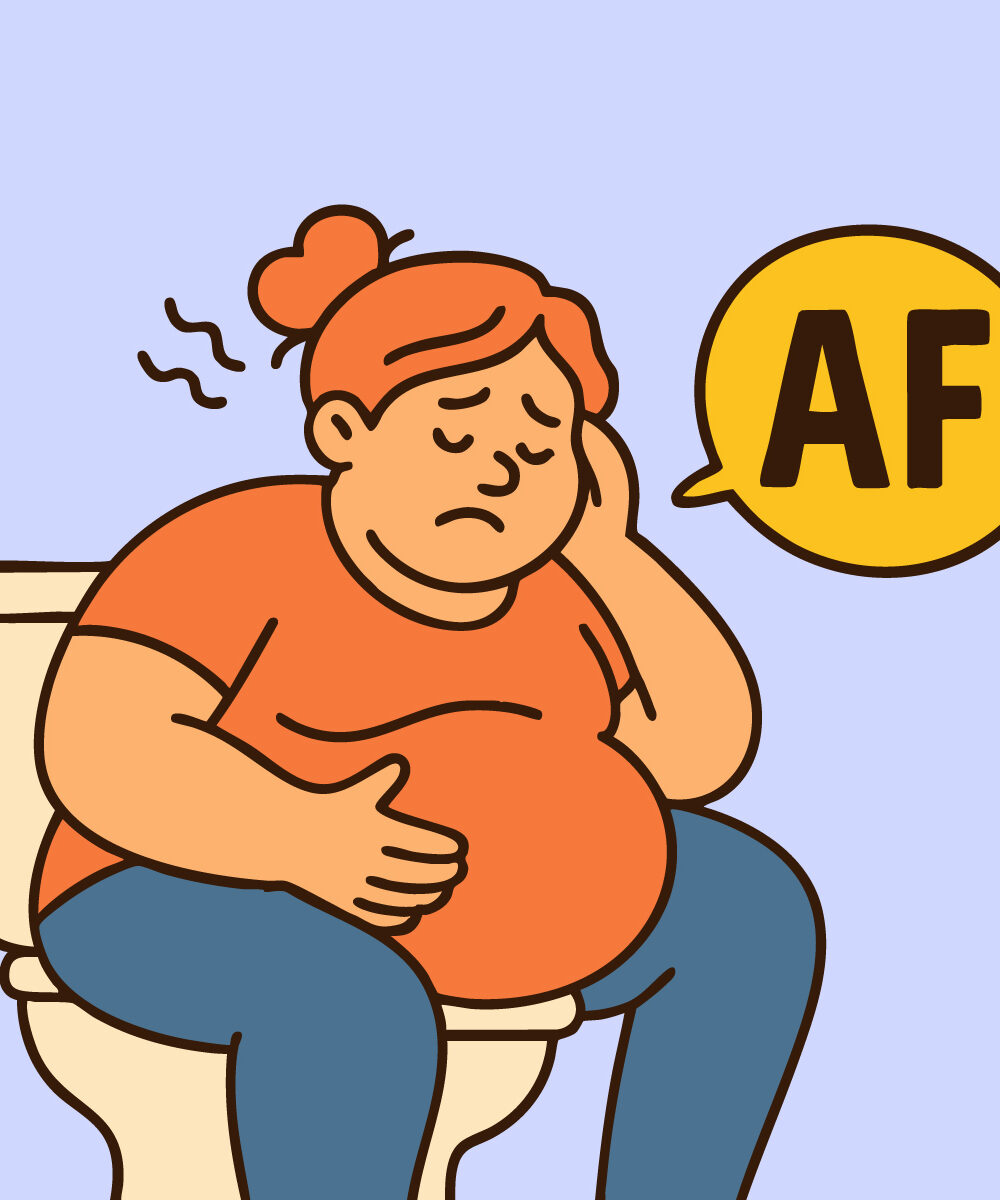🧩 Why Magnesium Might Be the Missing Piece in Your Poop Puzzle
If you’ve tried fiber. If you’ve taken probiotics. If you’ve chugged water and still feel stuck, bloated, and frustrated. You are not alone, and you are not broken.
Many people dealing with constipation are missing one simple, powerful mineral that quietly helps everything move behind the scenes: magnesium.

It doesn’t get enough attention. But magnesium plays a key role in how your gut functions, how your nervous system communicates with your intestines, and how your muscles (including the ones in your colon) actually contract and relax. And yes, all of that affects whether or not you can poop.
Let’s break down why magnesium matters, which type to choose, and how to use it in a smart and effective way.
🔍 What Magnesium Actually Does for Digestion
Magnesium is involved in over 300 biochemical reactions in the body. When it comes to digestion, here’s what it does best:
- Relaxes intestinal muscles, which helps stool move through the colon more easily.
- Draws water into the bowel, softening hard stool and making it easier to pass without pain or straining.
- Supports nerve signals between the gut and brain. This matters more than people think, because constipation often has both physical and neurological causes.
- Reduces stress, which can trigger gut shutdown and slow everything down.
Magnesium deficiency is common. Poor soil quality, stress, and processed diets all contribute to low levels. And one of the earliest signs of low magnesium is often constipation.
🧂 Types of Magnesium and How They Work (Not All Are Equal)
There are many kinds of magnesium out there, and they are not interchangeable. Each one has unique effects on the body. Here’s what to know.
💨 Magnesium Citrate
What it is: A well-absorbed form that acts as a natural laxative.
How it works: Pulls water into the intestines, which softens stool and triggers a bowel movement.
Best for: Getting quick relief when you’re constipated and uncomfortable.
When to use it: If you haven’t pooped in several days and need dependable support.
Good to know: Effective and fast-acting. But can cause loose stools or urgency if you take too much.
🌿 Magnesium Glycinate
What it is: A gentle, calming form of magnesium combined with the amino acid glycine.
How it works: Supports digestion, sleep, and stress regulation without causing urgency.
Best for: Daily constipation support, especially if you also deal with anxiety or poor sleep.
When to use it: If you’re looking for a long-term solution to keep things regular and calm.
Good to know: Very well tolerated. Doesn’t usually cause digestive upset. Safe for sensitive guts.
🔗 Magnesium Oxide
What it is: A common, inexpensive form often found in generic supplements.
How it works: Stays mostly in the gut and draws water into the intestines.
Best for: Occasional use when you need bulk and movement.
When to use it: If you tolerate it and are just looking for basic relief.
Good to know: Not well absorbed. Can cause bloating or cramping in some people.
🧠 Magnesium Threonate
What it is: A newer form designed to support cognitive health.
How it works: Crosses into the brain to help with clarity, focus, and nervous system function.
Best for: Supporting the gut-brain connection, especially if your constipation is linked to stress or mental tension.
When to use it: If you’re feeling foggy, anxious, or mentally worn out along with digestive issues.
Good to know: Not a laxative, but can still help overall gut function by calming the nervous system.
💊 Other Forms: Malate, Taurate, Sulfate
Magnesium Malate supports energy and muscle health. Useful if you’re dealing with fatigue or chronic pain.
Magnesium Taurate supports the heart and a calm, steady mood.
Magnesium Sulfate (Epsom salts) is used in baths and absorbed through the skin. Helps with muscle relaxation and detox support.
🧘♀️ Choosing the Right Magnesium for Your Poop Goals
Here’s a quick reference chart to help you decide:
| If you’re… | Try this |
| Super constipated and need fast relief | Magnesium Citrate |
| Anxious, constipated, and can’t sleep | Magnesium Glycinate |
| Feeling wired, foggy, or stressed | Magnesium Threonate |
| Wanting daily gentle support | Glycinate or Citrate (in small doses) |
| Already doing fiber and water but still stuck | Add magnesium plus light movement |
Magnesium works best when combined with hydration, gut-friendly foods, and gentle movement. It’s not magic on its own, but it’s often the missing piece.
⚠️ A Few Things to Watch Out For
- Don’t megadose it. Start with the smallest amount and see how your body responds.
- Don’t rely on it alone. It’s most effective as part of a daily gut-support routine.
- Don’t ignore stress. Your gut responds to your nervous system. If you’re tense all day, your digestion slows down too.
Consistency beats intensity. A small, steady dose is often more helpful than a giant, one-time fix.
💡 Final Thoughts
Magnesium isn’t just a supplement. It’s a form of support that helps your body function more naturally and calmly. If you’re feeling backed up, tense, and tired of trying the same old advice, this could be the gentle reset your gut has been waiting for.
You don’t need to suffer silently or power through discomfort. Start slow, listen to your body, and see what happens when you give it what it really needs.




0 Comments